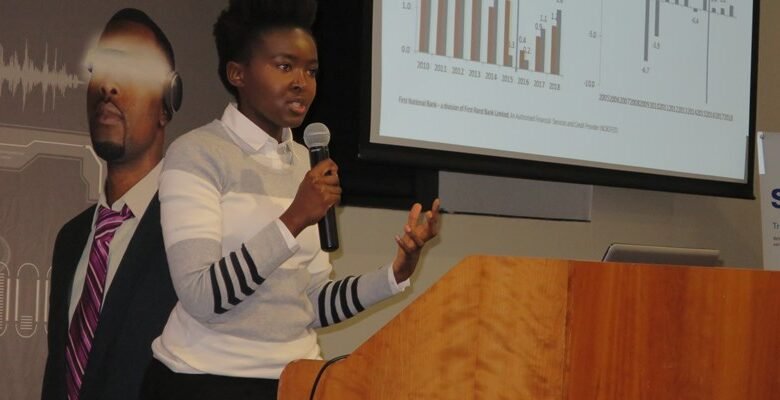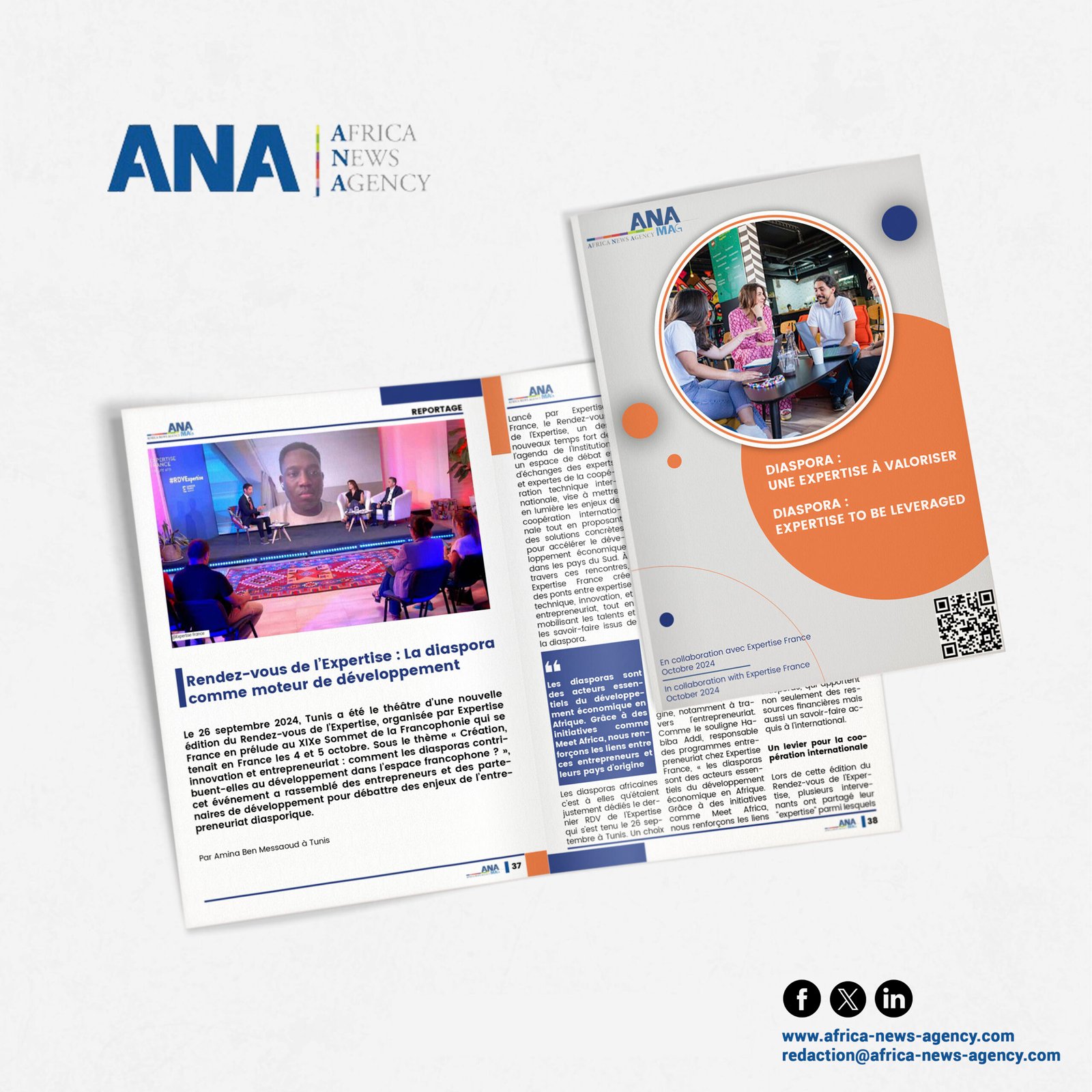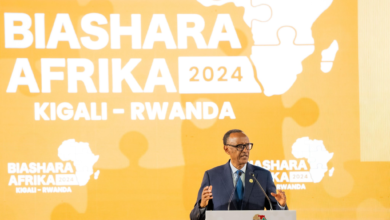
As the rest of Africa is still warming up to economic uncertainty in the aftermath of Donald Trump being sworn in as America’s president, the latest Consumer Price Index (CPI) survey has shown that inflation is easing up in South Africa.
Donald Trump and Africa’s inflation
Trump’s pending controversial foreign policy goals are being predicted by economists to have a damaging effect on the growing African economy. This, according to several economic and political analysts, will see inflation scaling up.
Trump is well known for not embracing trade deals that are weighted against the United States. The African Growth and Opportunity Act (AGOA) is meant to give African countries easier access to the US market by scrapping import duties on certain products.
« President Trump’s administration is unlikely going to maintain this tax free access to the American market. This will result in sluggish growth on African economies. There is likely going to be less investment, less spending, poverty statistics will rise and inflation is likely going to shoot up. We are ultimately looking at a global recession that has no end in sight, » warned South African economist Paul Krugman.
The Consumer Price Index understood
The CPI is compiled by Stats South Africa and comprises of the monthly survey of consumer retail prices. Its main goal is to provide retailers and consumers with crucial information regarding changes in the overall level of prices of all goods and services bought by the average household.
The latest CPI survey, that measures and projects South Africa’s economic growth, has shown much needed light at the end of a dark tunnel. The survey indicated that inflation took a surprising turn from 6.8% in December 2016 to 6.6% in January. Throughout this period, inflation was up by 0.6% due to high costs of transport, food and miscellaneous goods and services. Food inflation took an upward turn of 11.6% in January largely attributed to rising meat prices. With the pending drought worsened by the ongoing armyworm plague, grain price increases remained slow.
« We expect inflation to continue to trend lower and to return within the SARB’s target in 4Q17. Based on our estimates, inflation should average 5.9% this year, however, continued rand strength (at the time of writing the rand was R13 to the dollar) should also bode well for the inflation outlook, » said Mamello Matikinca, a revered Economist at one of South Africa’s largest bank FNB.
Sugar tax expected to have minimal effect on inflation
South Africa is in the process of introducing a sugar tax which analysts have predicted will have a negative impact on the economy, resulting in several job losses. Beleagured Finance Minister, Pravin Gordhan, announced a proposed sugar tax on sugar sweetened drinks and the tax is due to be mooted out on 1 April 2017.
Government has proposed that these drinks be taxed at a rate of 2.29 cents per gram of sugar. This means that drinks with large amounts of added sugar will be more taxed more.
« We expect the possible sugar tax, if implemented, to have minimal impact on overall inflation, but higher than anticipated meat prices pose upside risk to our inflation forecast. The much needed deceleration in inflation is not aggressive enough to prompt the SARB to start easing policy. While we believe the SARB has reached the peak of its hiking cycle, it will likely wait for the inflation rate to fall reasonably below 5% before it starts to ease monetary policy, » said Matikinca.
Author: Farai Diza // Photo: Mamello Matikinca © FTW Online






